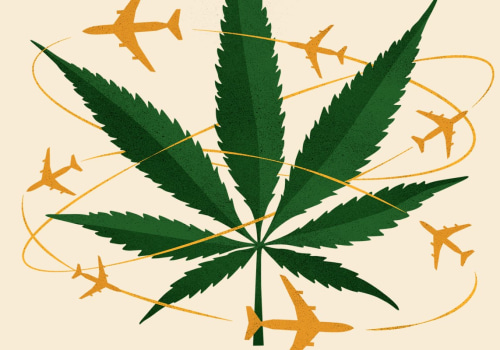Cannabidiol (CBD) is a chemical substance from the Cannabis sativa plant, also known as cannabis or hemp. A specific form of CBD is approved as a drug in the U.S. UU. CBD is a chemical compound found naturally in the cannabis plant.
It does not contain tetrahydrocannabinol (THC), the psychoactive component of cannabis responsible for making users feel high. CBD is a cannabinoid found in the cannabis plant. The best-known cannabinoid, tetrahydrocannabinol (THC), is also found in the cannabis plant. If the state does not explicitly allow its use, a person could face legal problems obtaining or using marijuana for medical or other purposes.
As a result, it's illegal to use or prescribe medical marijuana in any state that doesn't have a law that allows people to do so. Each state also has a list of qualifying conditions that they have approved for the use of medical marijuana. New York, for example, allows people who qualify to use medical marijuana instead of opioids to treat pain. Many states in North America have approved that people use at least to a limited extent medical marijuana.
Pharmaceutical-grade CBD-rich medical marijuana preparations have been shown to help treat seizures in children suffering from rare forms of epilepsy to such an extent that they were recently approved by the FDA. But the American Academy of Pediatrics says it opposes medical marijuana outside of products that have been or may be approved by the FDA, citing the serious effects of recreational marijuana on adolescent health and development, such as reduced educational attainment. Medical marijuana that contains THC will cause a person to experience a high when taking the medication. However, when a person takes a CBD-dominant version of medical marijuana, they are consuming CBD from hemp, which is closely related to marijuana.
Some states, such as Pennsylvania and New York, now consider opioid use disorder as a condition that qualifies for medical marijuana use. Many people currently get CBD online without a medical marijuana license, which is legal in most states. The endocannabinoid system also helps regulate gastrointestinal functions, and this may explain why medical marijuana seems to help digestive disorders such as IBS.










